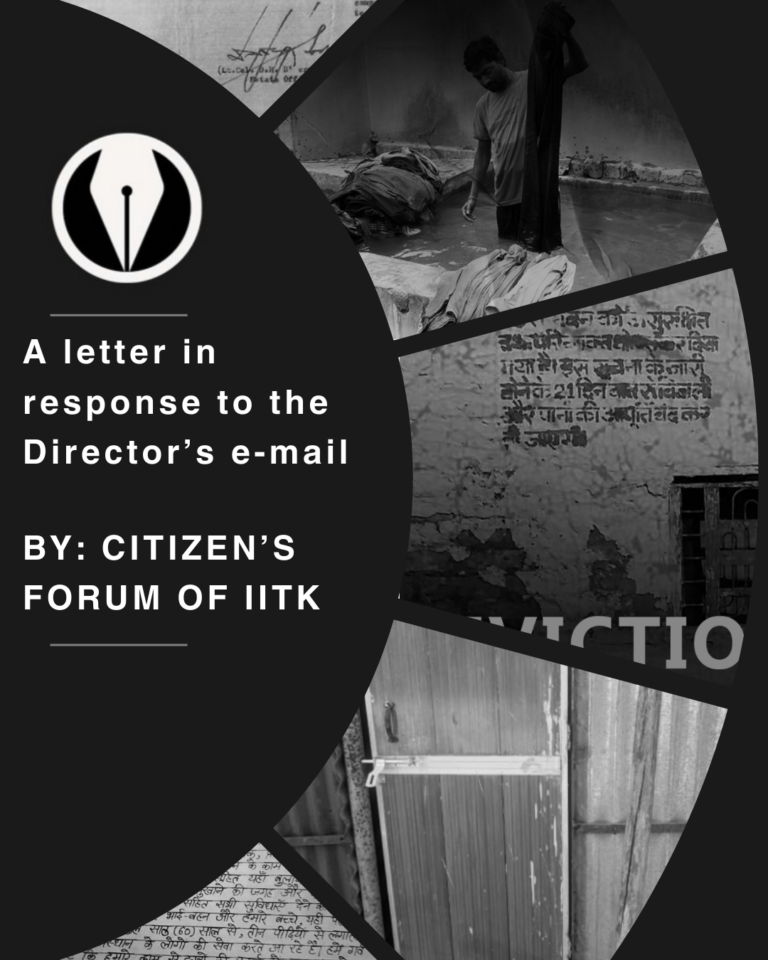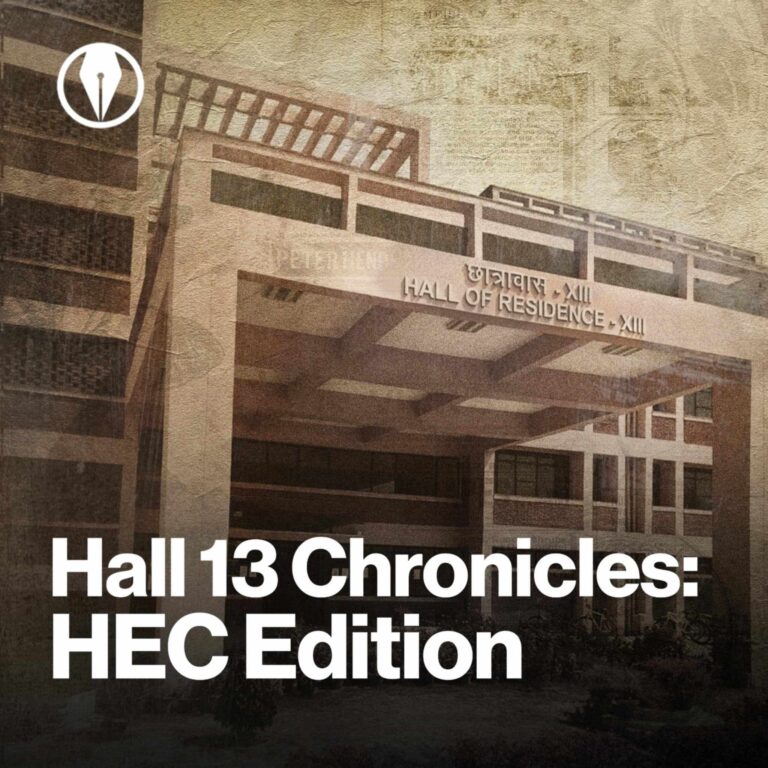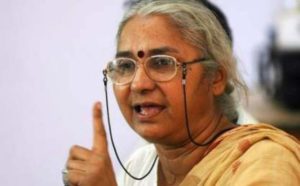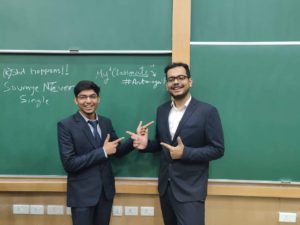Disclaimer: This is an opinion piece by Ms Archana Singh on the current state of electoral politics on campus. The facts and statements mentioned in this article are based on her interactions with current students and recent alumni on campus.
The 2019 Gymkhana Elections witnessed a series of electoral malpractices. The violations by candidates included mass phone calls to students on voting day, attempts to garner votes on community lines, usage of official machinery for electoral gains and collusion among the candidates.
When the violations were brought forth, a complaint was filed with the Grievance Redressal Committee (GRC). The GRC is a five-membered committee, comprising three student and two faculty members, that looks into any concerns related to an election that is raised before it. The committee acted upon the complaint filed and collected evidence to conduct a detailed investigation. Four weeks after the complaint was filed, the GRC took several strong actions, most notably cancelling the elections for the post of President Student’s Gymkhana and General Secretary, Media and Culture.
The violations were serious. But they are not new. “Such incidents occur every election and nullification of election results and candidature have taken place in previous elections as well”, says Ayush Pathak, who served as the Chief Election Officer in 2016-17 and who has closely witnessed five General Elections.
Elections to the student bodies ideally ought to be a healthy contest of ideas and visions that provide popular representation to the student community and improve their lives on the campus. Malpractices of the sort witnessed this election turn candidates’ attention away from real issues. The manifesto, which is supposed to be the focus of the campaign, faces the risk of being reduced to a mere formality. A vicious cycle has been set up that either compels well-meaning candidates to drift away from ethical conduct to stay in the race; or causes people to refrain from taking part in the democratic process altogether. This has been witnessed in the past few elections where positions are either won uncontested, or the contests frequently take an ugly turn.
Top offices in the Students’ Gymkhana are very lucrative posts. Candidates aspiring to occupy these positions start their preparations many months in advance. “Executive Posts in the Gymkhana bring with them the power to create an impact on campus. They are also seen as a status symbol and add great value to one’s resume”, adds Amit Ranjan, a Y14 alumnus and Institute Leadership Awardee. The desire to get ahead of one’s rivals and win the election makes candidates willing to gain advantages by sacrificing their commitment to the code of conduct. Votes are sought and cast on the basis of “hall feelings”. HEC members participate in such measures to ensure that they get support from the Gymkhana. Some even do so to improve their own political prospects. Candidates also cater to voting blocs that exist on clubs sports teams and even community grounds. Identities end up taking precedence over issues.
The lack of attention given to pertinent issues during the election campaign carries forward into governance. “The Students’ Senate takes up issues which are relevant only to a limited number of people on campus. It spends most of its time discussing fests like Antaragni, Techkriti and events like E-Summit and General Championships. Issues related to student welfare are relegated to the back seat”, opines Aditya Desai, a two-term PhD Y14 senator.
Post Graduate students, who make about half of the student population on campus, feel their issues are neglected and find participating in the student body futile. A resident of Hall XI, who did not wish to be named, shares his account: “The Gymkhana hasn’t been able to resolve the crisis in Hall XI for the past two years. The hall has been running without a constitution since its inception and there is a continuous conflict between the Hall Wardens and the residents”.
There is an air of dissatisfaction among the undergraduate students with the way things function within the system. “I vote in every election but mostly for NOTA. People are occupying posts only for narrow self-interests. They take up a position only to use it as a stepping stone to a higher position, neglecting their current responsibilities. It’s not the most competent, but the most politically willing people that end up in the Senate and the Gymkhana. Awards and appointment to committees are decided on the basis of networks and connections. Vox too has failed in holding student representatives accountable and that has also contributed to the state of affairs.”, fiercely argues Sayash Kapoor, a final-year undergraduate student.
On the issue of participation of girls in the elections, Mugdha Arora, a candidate for the post of General Secretary, Games and Sports in the 2018 Elections, says, “As an institution, we do not groom girls to make viable candidates. While boys can openly display ambitions and get mentorship and exposure from their seniors, girls are unable to even aspire to get into leadership positions as they lack a similar support structure.”
In 2019, we complete 60 years as an institute. At this critical juncture, we as a student body must pause, introspect and correct course. IIT Kanpur is celebrated for the voice and freedom it offers to its students. Credible student leadership is vital to the survival of this freedom. Resolutions passed by the Students’ Senate carry weight in front of institute authorities. The Students’ Senate’s nominees to institute committees play an important role in putting forth the voices of the student community. Student representatives having the confidence of the General Student Body is necessary for them to be taken seriously by the administration. The current state of affairs, in which we are drifting away from principles that lie at the core of student governance, endanger the very freedoms we so cherish. We, as a student community, must get our act together before the administration starts questioning our ability to be responsible and finds a reason to dilute our say on crucial issues concerning us.
Written By: Archana Singh and Siddharth Jayshankar





![[EDITORIAL] Is the institution failing somewhere?](https://voxiitk.com/wp-content/uploads/2026/01/1-2-768x960.png)






